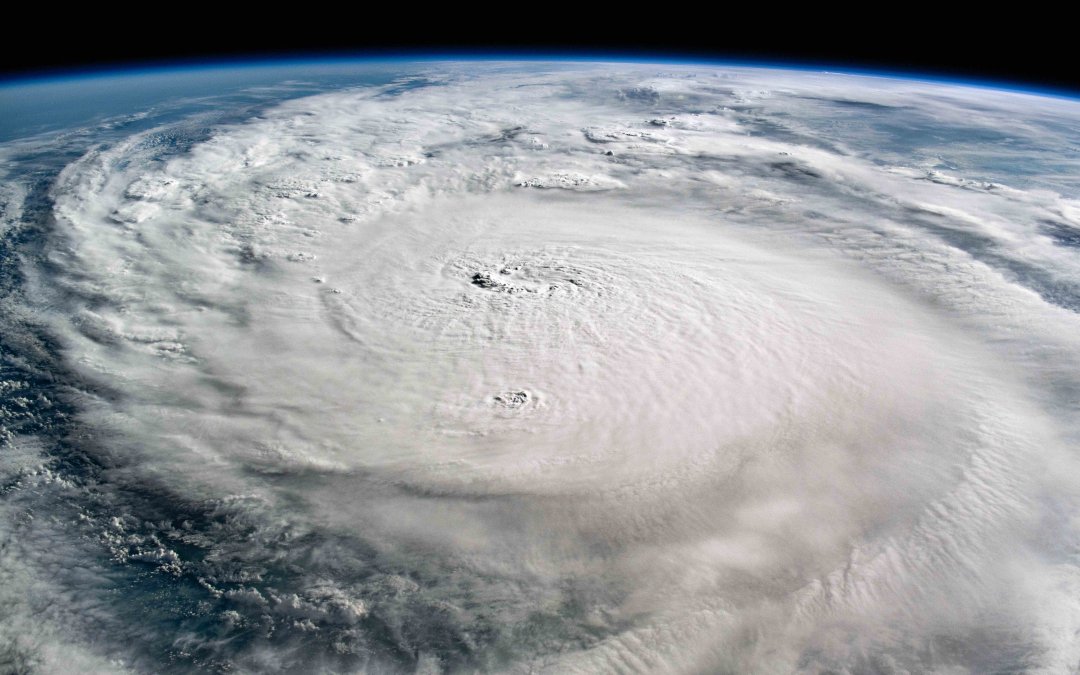WASHINGTON – In a span of two weeks, Florida endured two hurricanes, forcing immigrant communities to overcome storm preparations and recovery hurdles amid language barriers, infrastructure challenges and a glaring distrust of law enforcement.
Central Florida is home to a large population of foreign-born farmworkers whose livelihoods were recently devastated by being in the direct path of Hurricane Milton: the second of the two storms to impact the state.
Even though state officials issued potentially life-saving evacuation orders, many of these immigrants lacked necessary resources to access and understand the information provided to them.
According to a report by American Immigration Council, a Washington-based advocacy group, 21.6% of Floridians were not born in the U.S. and nearly 10% of those who were have at least one immigrant parent.
Ahmed Gaya, director of the Climate Justice Collaborative at the National Partnership for New Americans (NPNA) said there are an abundance of factors causing immigrants to be more susceptible to natural disasters’ impacts. First of all, many life in flood-prone areas that have poor drainage mechanisms. To make matters worse, these regions typically lack political capital and investments to climate resiliency efforts.
Based on his work with recent immigrants Gaya said the greatest challenge of all is the language barrier.
According to publicly-available U.S. Census data, residents of Florida utilize over 130 languages and nearly 30% of households do not speak English as their primary language at home.
That statistic, combined with limited access to internet and TV, can make already dangerous conditions worse for immigrant communities.
“When it comes to preparation, very little of the information about disaster preparation is in a language accessible to limited English proficiency speakers. We find that a lack of language access, even in things like emergency warnings and evacuation orders, is a major concern for a lot of our residents,” Gaya said.
Limitations under state and federal laws can make accessing relief even more complex for those who weren’t born within the country’s borders.
Many people are excluded from relief efforts due to their immigration status, while others simply evade law enforcement because they’re unsure of which resources are legally available to them.
According to Gaya, this fear and uncertainty is even more common when it comes to mixed-status families as they are more broadly skeptical of law enforcement and government intervention measures.
In terms of ongoing recovery efforts in the wake of Hurricanes Helene and Milton, mutual-aid efforts are key for immigrant communities.
“A lot of folks living in mobile homes or in industry-provided housing have lost their homes and don’t have recourse to any kind of state or federal recovery efforts that other residents in Florida have recourse to,” Gaya said.
Alongside concerns about relief from storm damage, recent allegations of improper FEMA fund distribution have put both government employees and immigrant communities at risk of threats.
Republican lawmakers, along with former President Donald Trump, have raised concerns about FEMA disaster funds being diverted to border-related issues — a claim denied by both FEMA and the Biden administration.
Department of Homeland Security Secretary Alejandro Mayorkas first acknowledged a FEMA funding shortfall on Oct. 2, prompting Republican lawmakers on the House Homeland Security Committee to immediately take action. In a letter to Mayorkas, the group questioned whether the $61.2 billion allocated for disaster relief in 2023-2024 had gone to the right cause.
Now, they plan to investigate whether or not that funding was used for migrant services instead.
“The Committee is concerned the agency’s mission has been radically expanded under the Biden-Harris administration’s reckless open-borders agenda,” Rep. Mark Green, R-Tenn., said in a statement.
FEMA updated its Hurricane Rumor Response page, stating that no disaster funds have been wrongfully diverted.
David Becker, an election law expert and Executive Director of The Center for Election Innovation and Research, said that voters should anticipate disinformation as “the new normal.”
“It’s incredibly depressing that there are domestic actors, political leaders and candidates who are actively spreading disinformation that is fueling anger and delusion among many Americans, and we should expect that this will be exacerbated by the outcomes in certain states,” Becker said.

